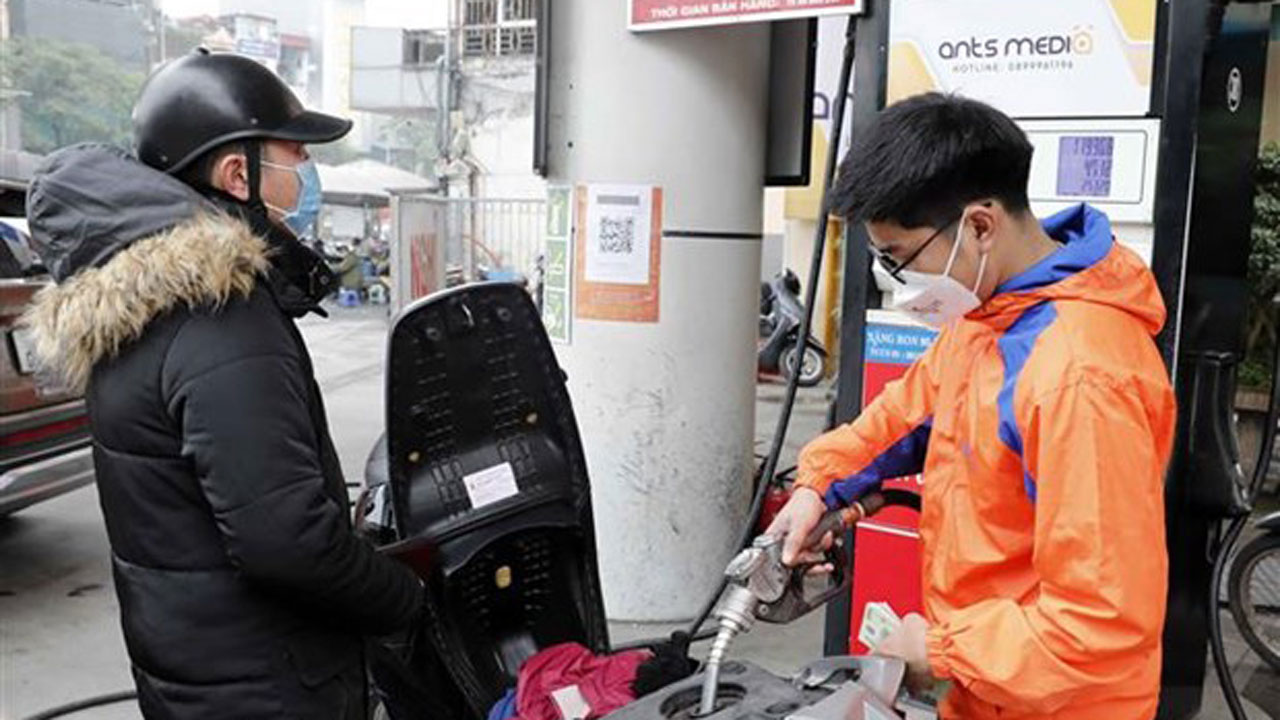HCMC – Prime Minister Pham Minh Chinh has ordered the Ministries of Finance and Industry-Trade to prepare a study on the reduction of environmental protection tax on oil and gasoline.
A detailed plan to cut the tax should be submitted to the prime minister prior to February 28, the local media reported.
Environmental protection tax is currently charged at VND3,800-4,000 on each liter of petrol sold and at VND2,000 on each liter of diesel oil sold.
Apart from the environmental protection tax, each liter of gasoline sold is also subject to several other fees and taxes such as excise, import and value added tax.
Fees and taxes account for 42%-43% for each liter of gasoline sold and 21%-27% for each liter of oil sold.
The national fuel price stabilization fund is limited, while the global price of crude oil is on the rise, pushing up domestic fuel prices, so State agencies should cut fees and taxes to stabilize local retail fuel prices, according to some experts.
Many experts also proposed reducing the environmental protection tax on fuel.
Aside from ordering the study on tax cuts for fuel, the prime minister told the Ministry of Industry and Trade to work with other ministries and departments to ensure a sufficient fuel supply in the local market.
Fuel is a strategic and important item and can directly affect macroeconomic stabilization, said the prime minister.
The ministry was also tasked with promptly inspecting filling stations and wholesale fuel distributors to detect illegal trading and impose harsh sanctions on violators.
The prime minister also assigned the Ministry of Public Security to tighten control over fuel production, trading and import to promptly discover violations.
The country is facing a shortage of fuel, leading to the suspension of many gas stations nationwide.
Nghi Son Refinery and Petrochemical LLC, whose fuel supply accounted for 34% of the country’s total fuel consumption in 2021, has cut the capacity of its refinery due to its financial burden.
Meanwhile, many wholesale fuel firms have ramped up their fuel imports, but the goods have yet to be shipped to the country, resulting in disruptions in the fuel supply in many cities and provinces.









